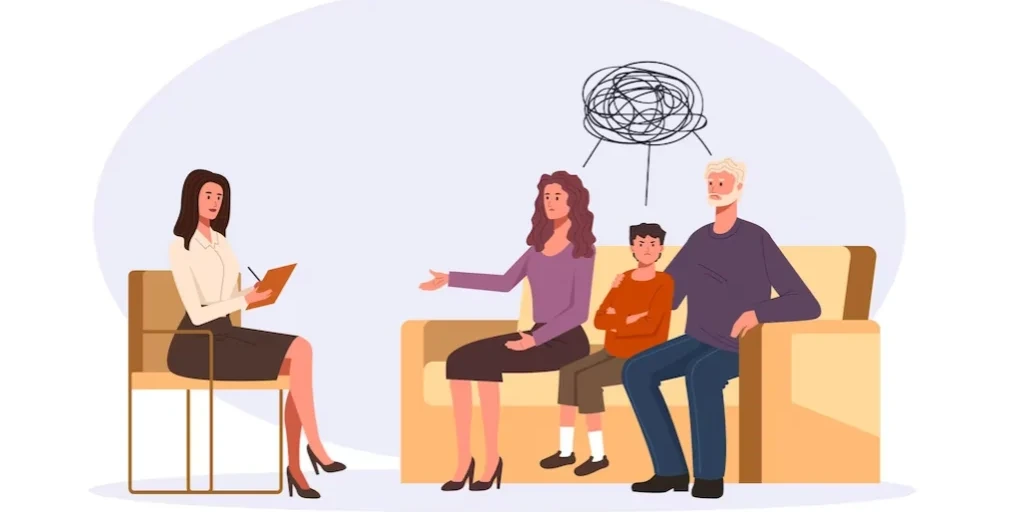is a crucial component of the recovery journey for individuals battling addiction. The Aftercare Support rehab centers in Billings focus on creating a supportive network that continues after initial treatment, which can significantly enhance the chances of long-term recovery. These facilities cater to a diverse range of addictions, including substance use disorders involving alcohol, prescription medications, and illicit drugs. The treatment approaches employed at these centers often combine medically supervised detoxification, counseling, and various therapeutic modalities tailored to individual needs. Historically, rehab centers in Billings have evolved to address the growing epidemic of addiction in the United States, providing not just immediate treatment, but also tools for sustaining a sober life. The comprehensive Aftercare Support offered by these centers includes relapse prevention strategies, community resources, and peer support groups, which are vital for individuals transitioning back into daily life. By participating in aftercare, clients can maintain the skills learned during rehabilitation, navigate the challenges of recovery, and build a lasting support system. As the landscape of addiction treatment continues to grow, the Aftercare Support rehab centers in Billings remain on the frontline, making an indelible impact on countless lives.
Learn more about Aftercare Support centers in Billings












































































































